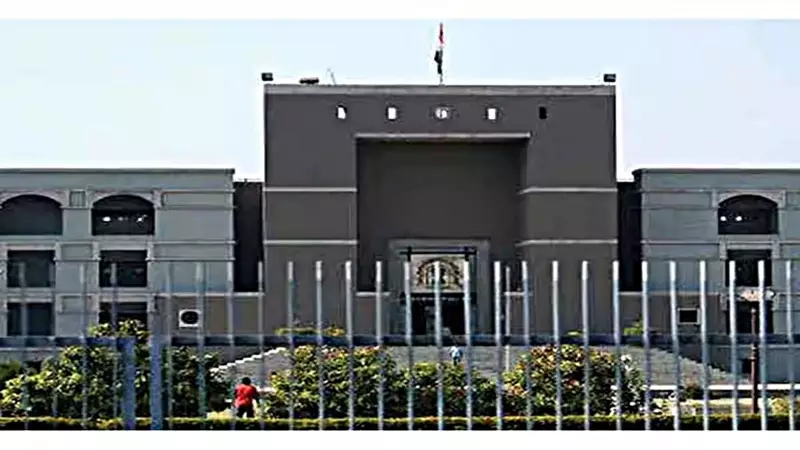
In a landmark decision that balances judicial rigor with human compassion, the Gujarat High Court has extended the parole of a man serving life imprisonment for murder to enable him and his wife to complete their crucial IVF treatment.
The bench, comprising Justice Hasmukh D Suthar, demonstrated remarkable sensitivity toward the couple's reproductive rights while hearing the plea of convict Bhavesh Kishorbhai Chudasama, who was originally granted 10-day parole earlier this month.
The Human Story Behind the Case
Bhavesh Kishorbhai Chudasama, currently incarcerated at Lajpore Central Jail in Surat, had approached the court seeking additional time beyond his initial parole period. The convict and his wife had already initiated the In Vitro Fertilization (IVF) process during his temporary release from prison.
The court recognized the time-sensitive nature of medical procedures, particularly when it comes to fertility treatments that follow specific biological cycles and cannot be arbitrarily postponed.
Judicial Reasoning and Conditions
Justice Suthar's ruling emphasized that while the court must uphold the seriousness of criminal convictions, it cannot remain indifferent to fundamental human needs and reproductive rights.
The extension comes with specific conditions to ensure the convict doesn't misuse this judicial leniency. "The applicant shall surrender in time and shall not indulge in any other activity and shall maintain law and order," the court directed, balancing compassion with necessary legal safeguards.
Broader Implications
This ruling sets a significant precedent in Indian jurisprudence, acknowledging that even those serving serious sentences retain certain fundamental rights, including the right to family and reproduction.
The decision reflects the evolving nature of judicial thinking in India, where courts are increasingly considering humanitarian aspects alongside legal technicalities, especially in matters involving medical necessities and family planning.
Legal experts suggest this judgment could pave the way for similar considerations in future cases where convicts face genuine medical or family emergencies that require temporary relief from incarceration.





